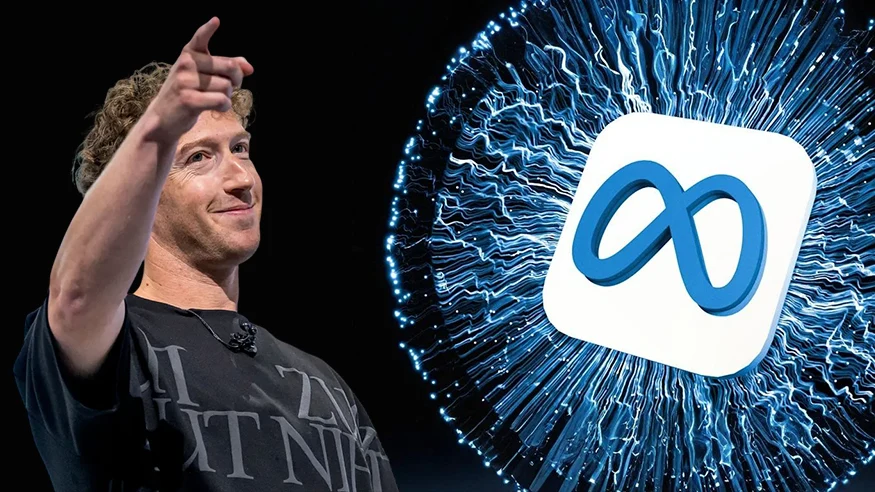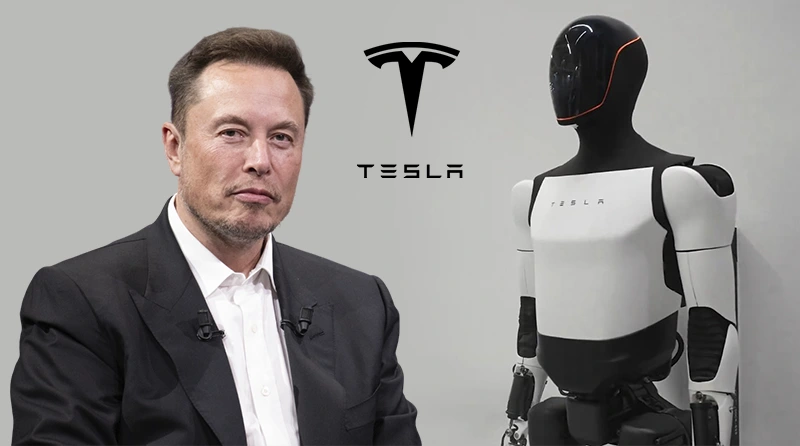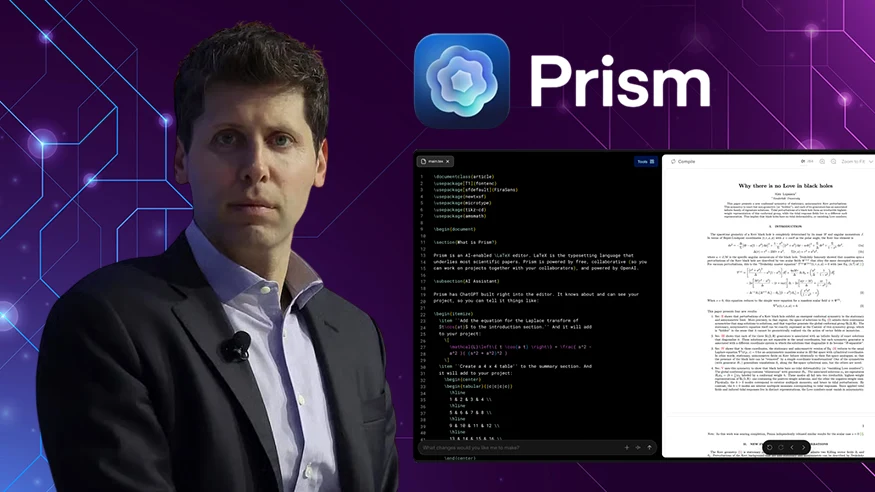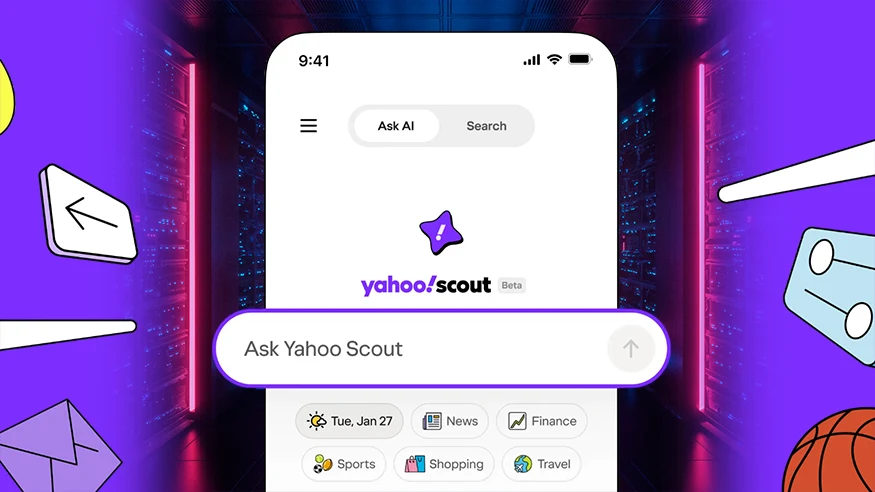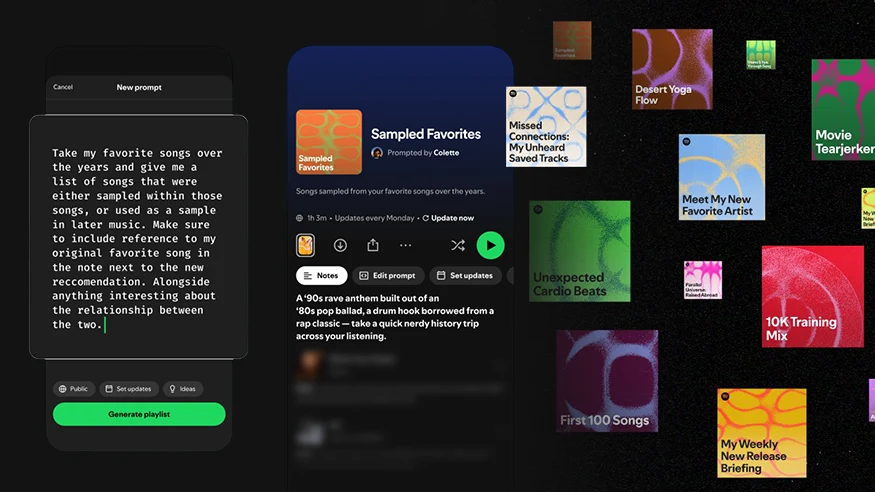Will AI Replace Real Friends? Mark Zuckerberg Shares His Perspective
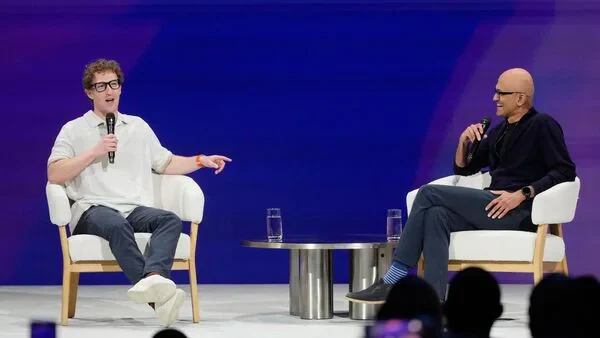
Mark Zuckerberg, the architect of the world’s largest social network, is once again at the center of a conversation about the future of human connection. This time, the Meta CEO is addressing a question that’s gaining urgency as artificial intelligence becomes more personal and pervasive: Will AI replace real friends?
In a recent podcast interview with Dwarkesh Patel, Mark Zuckerberg outlined his vision for AI companions, their role in combating loneliness, and why-despite rapid advances-he believes artificial intelligence will never be a true substitute for genuine, in-person relationships.
The Loneliness Gap: Why Meta Is Betting on AI Companions
Zuckerberg’s remarks come at a time when loneliness is increasingly recognized as a public health crisis. “The average American has fewer than three friends,” he noted, referencing research that highlights a growing disconnect in modern life. “And the average person has demand for meaningfully more. I think it’s like 15 friends or something”.
This gap between desired and actual social connections, Zuckerberg argues, is where AI can make a difference. Meta’s latest AI initiatives-including chatbots and digital companions-are designed to help people feel less alone. These AI agents can offer conversation, advice, and even emotional support, acting as a bridge for those who struggle to form or maintain human relationships.
“The average person wants more connection than they have. There’s a lot of concern people raise like, ‘Is this going to replace real-world, physical, in-person connections?’ And my default is that the answer to that is probably not.”
Mark Zuckerberg
AI as a Social Supplement, Not a Substitute
Despite Meta’s aggressive push into AI companionship, Zuckerberg is clear: technology can help fill social gaps, but it cannot-and should not-replace the unique value of real-world friendships. “There are all these things that are better about physical connections when you can have them,” he explained. “But the reality is that people just don’t have as much connection as they want. They feel more alone a lot of the time than they would like”.
He envisions AI as a tool for:
- Practicing difficult conversations (e.g., with a boss or partner)
- Providing support during periods of loneliness or anxiety
- Acting as a sounding board for ideas or emotions
As AI becomes more personalized-learning user preferences, communication styles, and emotional triggers-its ability to offer meaningful interaction will only grow. However, Zuckerberg insists that this should be seen as an enhancement, not a replacement, for human connection.
Personalization: The Key to AI Companionship
One of the most significant advances in AI companions is their growing ability to personalize interactions. As Zuckerberg explained, “As the personalization loop kicks in and the AI starts to get to know you better and better, that will just be really compelling”. This means AI agents can adapt their tone, remember past conversations, and even offer empathy-traits that make them more effective at providing comfort or advice.
But this personalization also raises important questions:
- Emotional dependency: Could users become too reliant on AI for emotional support, neglecting real-world relationships?
- Privacy: How are deeply personal conversations with AI stored, used, or analyzed by tech companies?
- Ethical boundaries: Where should developers draw the line in simulating human traits like empathy or affection?
Zuckerberg acknowledges these concerns, noting that society will need to develop new language and norms to articulate the value-and the limits-of AI companionship.
The Early Days: AI Friends Are Still Far From Human
Even as Meta rolls out new features and products, Zuckerberg is candid about the limitations of today’s AI companions. “The field is very early,” he said, pointing out that most current AI friends are still disembodied chatbots. While some companies are experimenting with virtual therapists or even “virtual girlfriend” services, these applications are still niche and often stigmatized.
He predicts that as generative AI improves and gains broader adoption, these virtual companions will become more sophisticated and accepted. However, he is careful to stress that the technology is not yet ready to replace the depth and nuance of human relationships.
Critics and Concerns: Is Meta’s AI Vision Too Ambitious?
Not everyone is convinced by Zuckerberg’s optimistic outlook. Some critics worry that AI friends could exacerbate social isolation, especially if people begin to prefer the predictability and convenience of digital companionship over the messiness of real human interaction. Others raise alarms about privacy, addiction, and the potential for tech companies to exploit users’ emotional vulnerabilities for profit.
Social media reactions to Zuckerberg’s comments have been mixed, with some users expressing skepticism or even outrage at the idea that AI could stand in for real friends. Still, Meta’s CEO remains undeterred, arguing that the choice to use AI companions is rational for those who struggle to make connections in traditional ways.
The Road Ahead: Augmented Reality and the Evolution of Friendship
Looking to the future, Zuckerberg sees AI companions becoming even more integrated into daily life through devices like augmented-reality glasses and wristband controllers. He predicts that within the next four to five years, these technologies-powered by Meta’s AI models-will create new platforms for interaction, blending the digital and physical worlds in unprecedented ways.
But even as these innovations unfold, Zuckerberg’s core message remains the same: AI can help bridge the loneliness gap, but it cannot-and should not-replace the irreplaceable value of real, human friendship.
Conclusion: AI’s Role in the Future of Friendship
Mark Zuckerberg’s vision for AI companions is ambitious, nuanced, and, for many, controversial. As Meta pushes forward with its AI initiatives, the company’s CEO is careful to position technology as a supplement to, not a replacement for, real-world relationships. The coming years will test whether society can harness the benefits of AI companionship without losing sight of what makes human connection truly special.
For now, Zuckerberg’s answer to the big question is clear: AI may become a friend, but it will never be your best friend.



